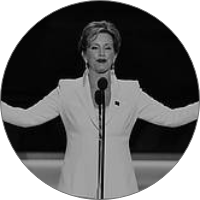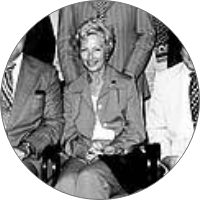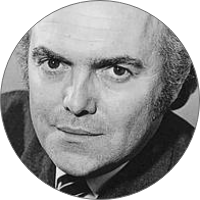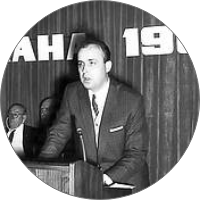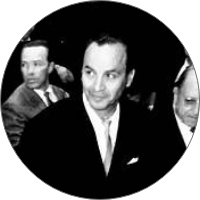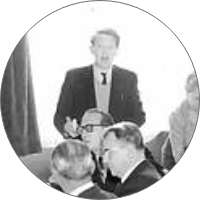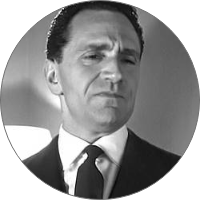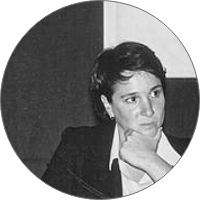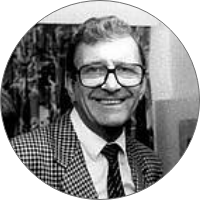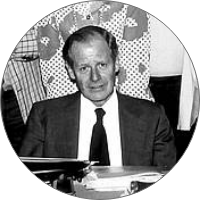About
FIA History
Set up in 1952 by Equity in the United Kingdom and the Syndicat Français des Artistes-Inteprètes in France, FIA established itself as a reliable voice for professional performers across national borders. FIA’s founding fathers soon realised that professional issues affecting performers would increasingly transcend national boarders, requiring international solutions arising from the cooperation between national performers’ unions.
At the heart of FIA’s work, from the start, has been the commitment to promoting decent working conditions for performers across the world. A commitment even more relevant in a context of fast technological change and increasingly globalised creative industry.
After more than 60 years and a membership spread across all continents, FIA has become a truly global trade union federation.
This section of our website intends to highlight the most meaningful moments in the History of our federation. Relevant archive materials are included whenever possible.
How was FIA founded?
The International Federation of Actors (FIA) was founded in the early 50s by a French and a British performers’ unions.
Gerald Croasdell – General Secretary of British Actors’ Equity from 1958 to 1973 and then General Secretary of FIA from 1974 to 1983 – wrote a fascinating account of these early years:
“The first meeting of what later became the International Federation of Actors took place in Paris on the 2nd and 3rd April 1951, when the Syndicat National des Acteurs Français convened a meeting of the European actors’ unions. Through called the First European Congress of Actors it was, in fact, not the first attempt by the French union to bring actors’ unions together: a similar initiative had already been taken in 1928 but had failed.
Apart from regional and linguistic groups – e.g. the Nordisk Skuespillerad formed by the Scandinavian union – actors’ unions seemed elusive of organisation on a broad international base. Much credit is due, therefore, to Jean Darcante, then President of the French actors’ union, for his persistence and his early recognition that the problems of professional performers would increasingly transcend national borders and would require international solutions flowing from the co-operation between the performers’ unions in individual countries.
Jean Darcante’s devotion to a concept of international co-operation is all the more remarkable that much of Europe was still recovering from the Second World War, soon to be followed by the “cold war”, which hampered international relations. Representatives from the performers’ unions in Czechoslovakia, Poland and what later became the German Democratic Republic – who were all interested in the Federation from its inception – were sometimes unable to attend Congresses, as they could not get the necessary visas to enter the country hosting the event.
In the countries particularly devastated by the war, performers’ union experienced more immediate problems, such as the rebuilding of destroyed theatres, which could only be done ever so slowly as in Greece, where reconstruction under the Marshall Plan made no provision whatsoever for theatres.
Yet at that first meeting there were representatives from the actors’ unions in Belgium, Denmark, France, Hungary, Norway, Switzerland, the United Kingdom and expressions of interest and goodwill from Finland, Italy, Poland, Sweden, West Germany and former Yugoslavia.
Jean Darcante’s efforts to bring the national performers’ unions together has much to do with his concern about performers’ rights or, more accurately, the lack of them. The French union, itself struggling unsuccessfully to obtain national legislation for performers’ rights, believed that the introduction of TV would exacerbate the problem in every country. Performers’ rights become indeed a predominant issue in the following years.
At that first meeting were also discussed worrying issues arising from the exchange of recorded radio and TV programmes. Indeed, considering that in many European countries, apart from the UK and France, TV was either only an experimental phase or had yet to be introduced, these early fears were to prove remarkably accurate. TV was to have enormous repercussions upon all aspects of the profession.
The participants in that first meeting were, by the afternoon of the second day, sufficiently convinced of both the necessity and value of international cooperation between actors’ unions to pass a Resolution calling for the drafting of a Constitution which would set up a European organisation of actors.
The next meeting of European actors’ unions was held in London on the 16th, 17th and 18th of June 1952 and was attended by delegates from fifteen European nations and an observer from Australia.
In the Constitution, drafted by Jean Darcante together with Gordon Sandison and Gerald Croasdell – respectively General Secretary and Assistant General Secretary of British Actors’ Equity – appeared for the first time the title “International Federation of Actors and Performers”. Jean Darcante foresaw that if actor’s unions were to have access to international meetings, their organisation would need to be “International” rather than “European” in title. He also believed that, sometime in the future, non-European actors’ unions might also wish to join.
The Constitution and the title – shortened to “International Federation of Actors” – were adopted and the second meeting of the European actors’ unions became the Ist Congress of the International Federation of Actors. Jean Darcante was elected President, Gordon Sandison Vice-president and the Executive Committee consisted of Austria, Denmark, Italy and former Yugoslavia. The French union agreed to provide the facilities for the Federation’s Secretariat and the services of Pierre Chesnais as General Secretary.”
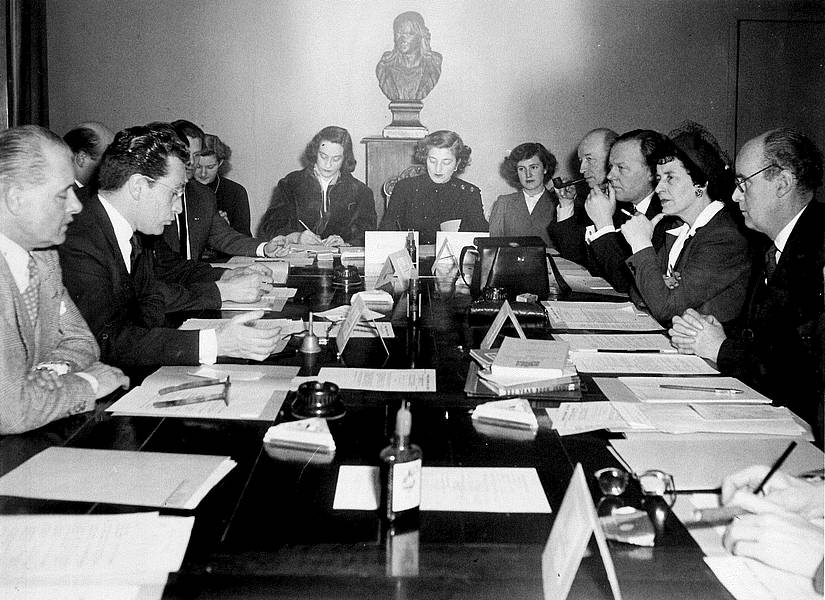
FIA Officials
- FIA Presidents
- FIA General Secretaries
Testimonies
- Video Testimonies
- Written Testimonies
Peter Plouviez, former Vice-president of the International Federation of Actors (FIA) and General Secretary of Equity UK, describes the role played by FIA and Equity UK in the fight against Apartheid in South Africa.
The Hobbit - FIA History
International Solidarity - FIA History
International Trade Secretariats - FIA History
FIA in the Cold War - FIA History
FIA: the First 30 Years (by Gerald Croasdell)
This fascinating account by Gerald Croasdell (FIA General Secretary from 1974 to 1983) describes the early years of our Federation. It highlights the exceptionally difficult circumstances surrounding FIA’s early years: from the challenging WWII recovery to the Cold War that would follow. Additional challenges were also already emerging back then – mostly due to technological development, the advent of television and the cross-border sale of recorded television and radio programmes – which would have profound implications for performers and their work environment.
The Long Road towards Cooperation (by Rainer Fattmann, Friedrich Ebert Foundation)
This document tells the history of the various international trade union organisations and their predecessors, in the arts, culture, media and entertainment sector after World War II. For the purpose of this project, Rainer Fattmann – research staff in the Archive of social democracy in the Friedrich Ebert Foundations – made use of the files and documents passed on to the Archive by the several trade union organisations, complemented by interviews of various trade union past of present leaders from the sector.
Some Observations on the FIA Activities (by Rolf Rembe)
This account by Rolf Rembe (FIA General Secretary from 1968 to 1973 and then from 1983 to 1991) is the continuation of Gerald Croasdell’s “FIA – the First Fifty Years“. He details FIA’s activities in the 70’s and 80’s, including the Federation’s relationship with other international organisations such as UNESCO, the ILO and WIPO.
FIA: the First Fifty Years (Speech by Rolf Rembe)
This speech was delivered by Rolf Rembe (FIA General Secretary from 1968 to 1973 and then from 1983 to 1991) in London during FIA’s 50th anniversary celebrations in 2002. This speech in entertaining and rich with anecdotes.
